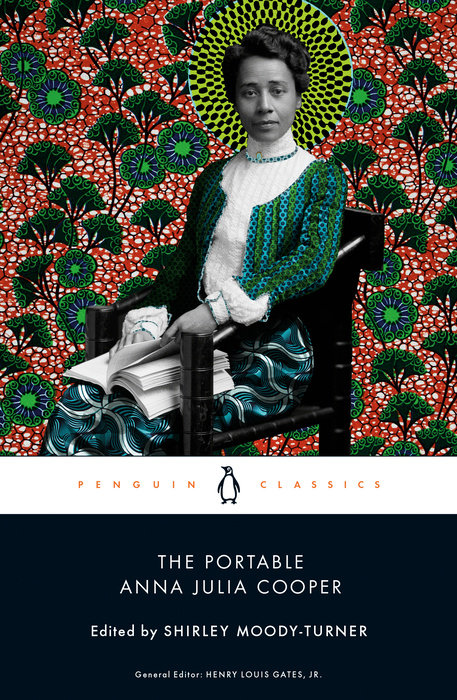Eugenic Feminisms in Late Nineteenth-Century America
Genders: Presenting Innovative Work In the Arts, Ahumanities and Social Theories
Number 31 (2000)
98 paragraphs
Stephanie Athey, Associate Professor of English
Lasell College, Newton, Massachusetts
Reading Race in Victoria Woodhull, Frances Willard, Anna Julia Cooper and Ida B. Wells
This essay examines the American intersections of eugenic discourse and organized feminism—black and white—in the 1890s. Reading work by Frances Willard, Victoria Woodhull, Anna Julia Cooper, and Ida B. Wells, I explore the emergence of female “sovereignty” or self-determination of the body as a racially charged concept at the base of feminist work.
A central tenet of twentieth-century feminisms, the concept of female sovereignty–women’s economic, political, sexual and reproductive autonomy–was first defined, debated and justified through eugenic and imperialist discourse at the turn of the last century. Black and white feminist discourse of the period made the politically enfranchised, legally protected body both the goal and token of full citizenship. However, within the frameworks white women elaborated, the economic, political, sexual, and reproductive autonomy of black and white women were set fundamentally at odds.
… Even when the organized societies of the American eugenics movement came to focus exclusively on “better breeding” as the only lasting means of race improvement, many black and white women’s organizations retained euthenic projects of regenerative reform well into the twentieth century, promoting the eugenic benefits of social hygiene, temperance reform, training in domestic science, and the like. The eugenic interests of both Frances Willard and Victoria Woodhull, for instance, combine race-driven reproductive agendas with other regenerative environmental reforms.
Black men and club women shared these interests as well. African American artists and intellectuals promoted black race purity as a means of conserving “our physical powers, our intellectual endowments, our spiritual ideals.” In the face of white racial theories, these race conservationists promoted the positive value of blackness. Black nationalists like DuBois, T. Thomas Fortune, Alexander Crummell, stressed different dangers related to race mixing, ranging from loss of black culture and consciousness to a biological “loss of vitality” or “vitiation of race characteristics and tendencies.” Other prominent African Americans supported a eugenics of race mixing or “amalgamation” as a means of genetic improvement. Proponents like Charles Chesnutt or Pauline Hopkins imagined a new American line that blended the strengths of a multiracial heritage but ultimately “conform[ed] closely to the white type.” All these groups reinforced color-based distinctions, and like white eugenists, these African Americans also measured racial fitness in terms of bourgeois class and gender conventions.
Kevin Gaines has argued that though the elite male voice of race conservation publicly defended elite black women against accusations of unchastity, they also frequently reinforced white racist slander, presuming lower-class and rural women’s complicity in systemic sexual abuse. Certainly, racist and sexist theories of black female degeneracy were powerfully resisted by black women’s groups. Yet white supremacist hereditarian and nativist premises were absorbed by black women’s organizations as well. For instance, leaders of the African American, Boston-based Women’s Era Club fought against lynching and racial segregation while maintaining elitist and nativist positions on working class culture and “foreigners,” and an attendant interest in “social hygiene.” As black women refashioned the white codes of bourgeois womanhood into black feminist resistance, their “politics of respectability” was fused to a civilizationist uplift ideology; this for some made it compatible with eugenic discourses of degeneracy. For instance, Nannie Burroughs weighs euthenic against eugenic strategies in her discussion of black poverty in Washington. While the “student of euthenics,” she says, “believes that the shortest cut to health is by creating a clean environment… to do a work that will abide we must first “get the alley’ out of the seventeen thousand Negroes.”…
Read the entire article here.
